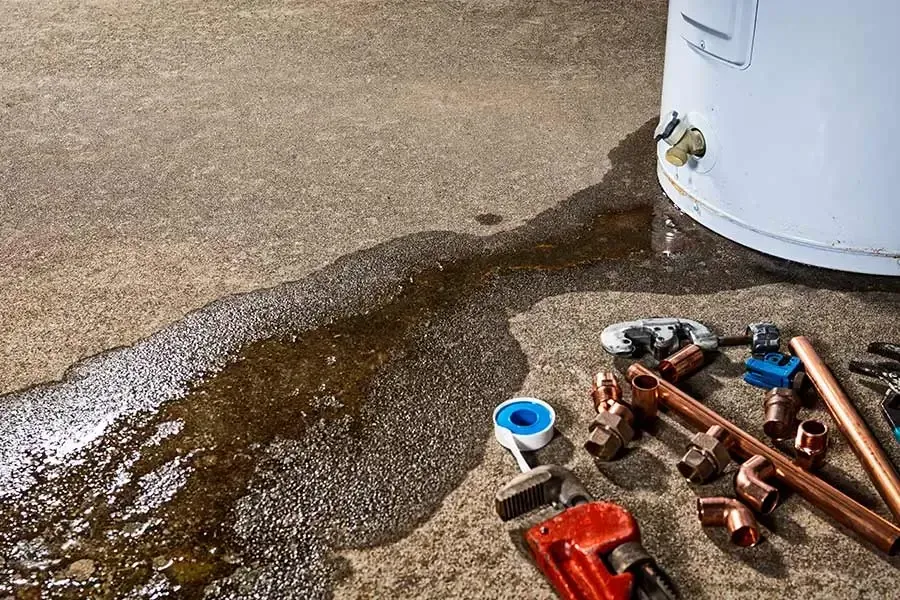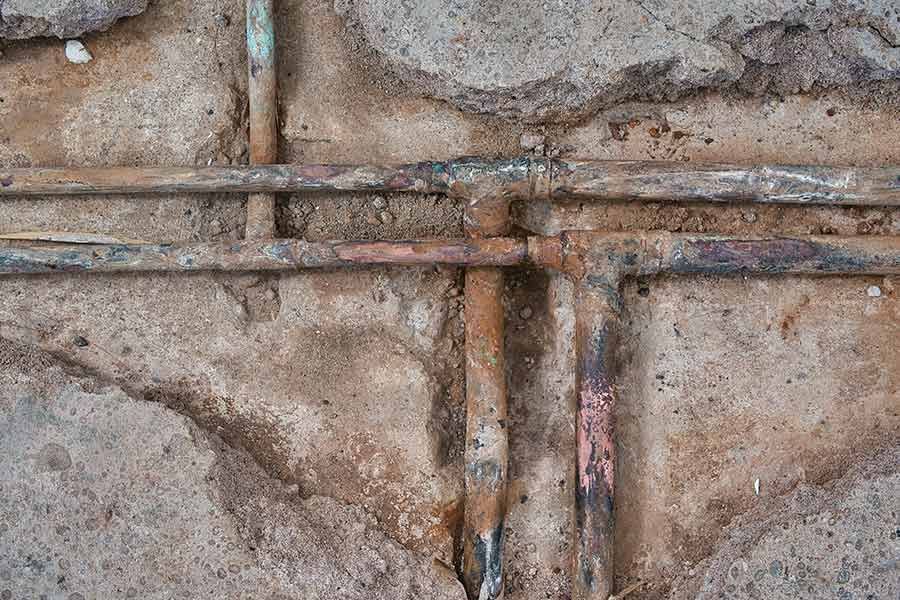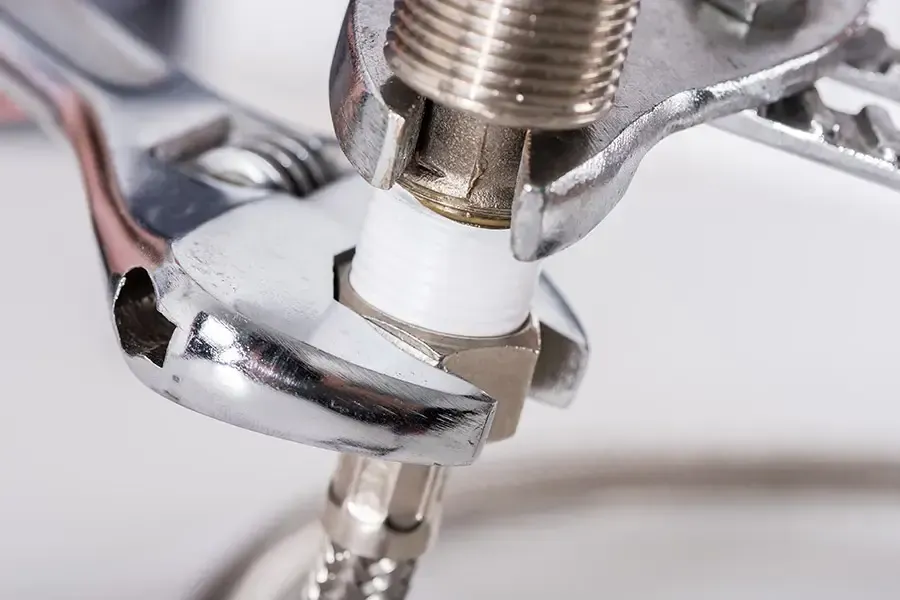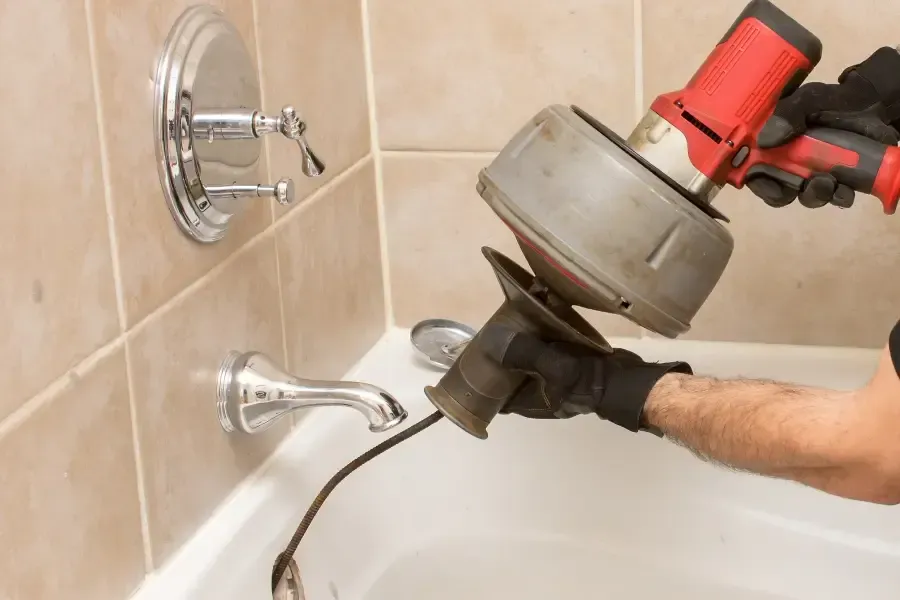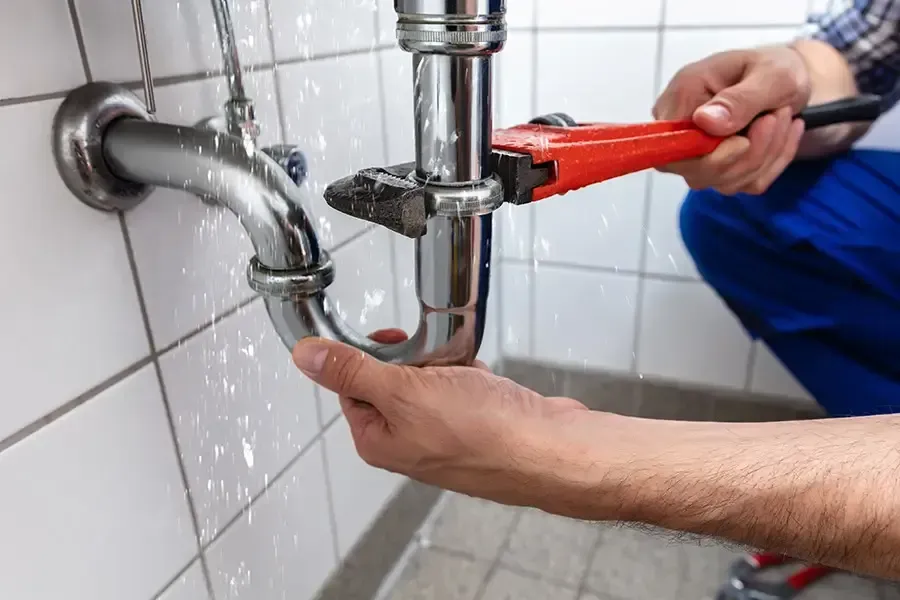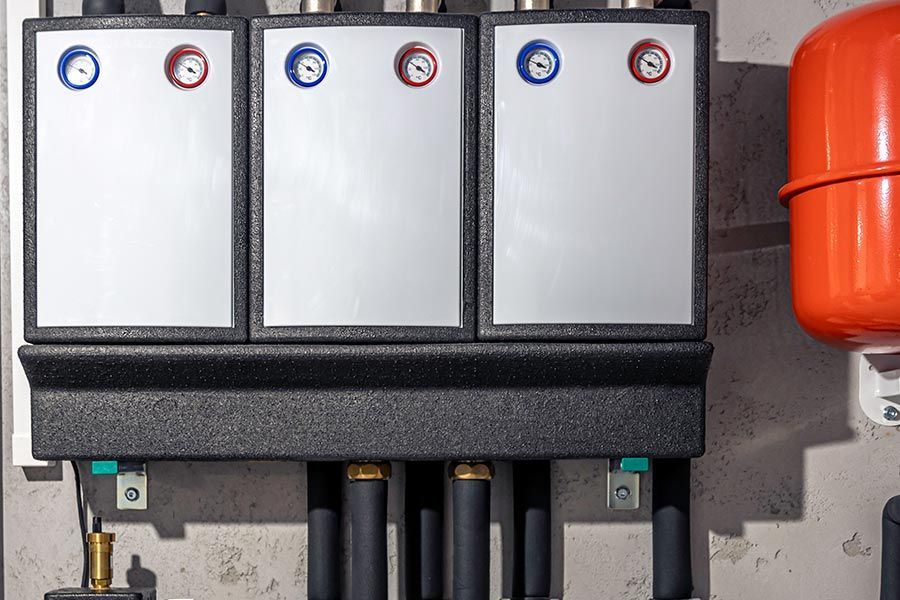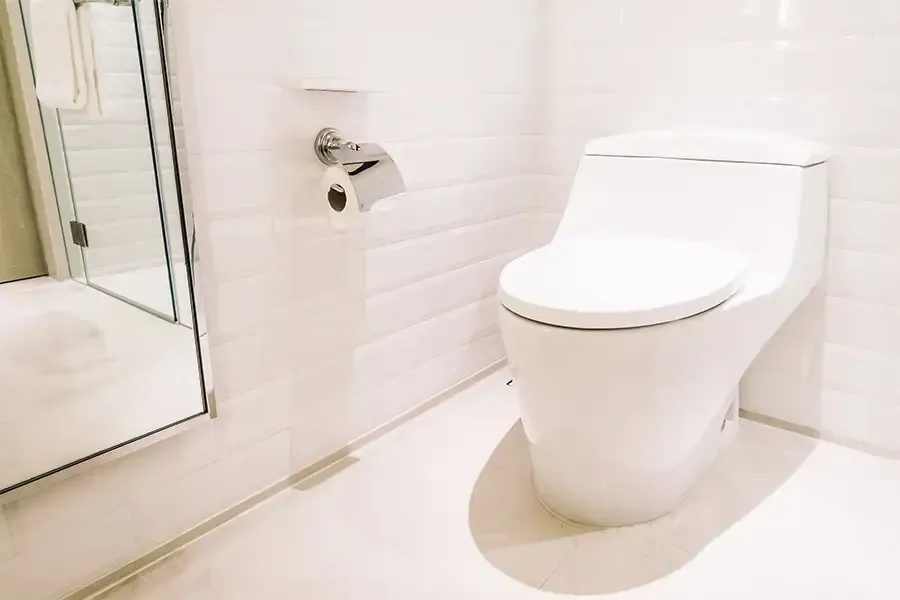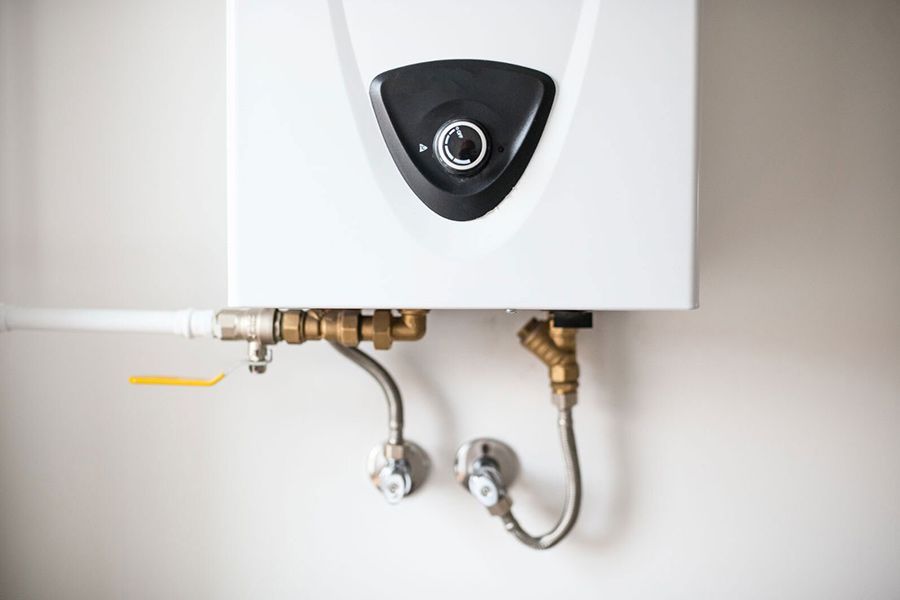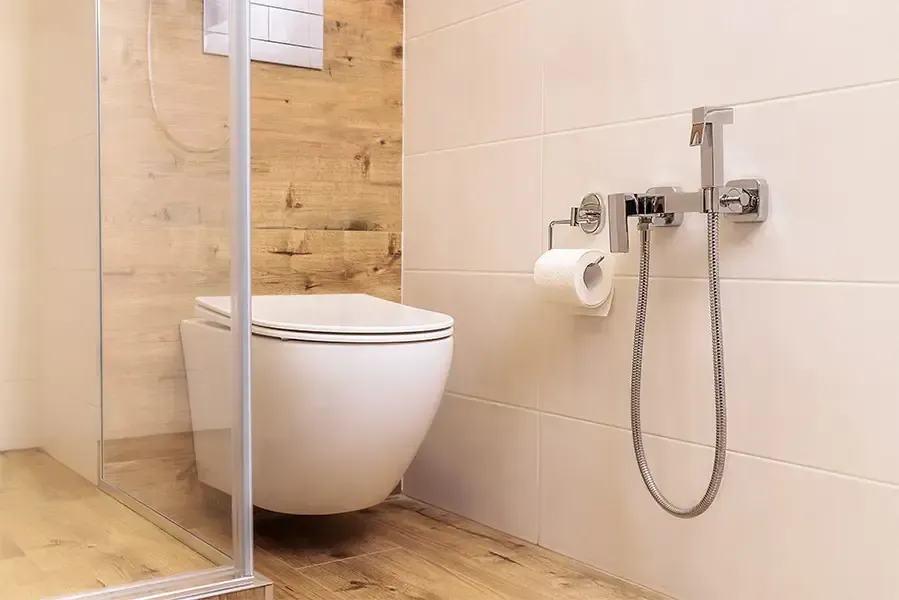What Can You Put in a Garbage Disposal?
If you have a garbage disposal, you probably love how conveniently it reduces food waste. Still, you’ll want to keep the unit working for as long as possible to maximize your investment. What can you put in a garbage disposal, and what can’t you put into one?
While garbage disposal units have the power to grind countless food items, there are plenty of things you should avoid putting down your kitchen sink. Here, Lyndhurst's trusted plumbers from Formica Plumbing & Sewer Co. offer advice on what can and can't go into your garbage disposal. You can also contact the team if you need help since these expert plumbers can find a solution to absolutely any plumbing problem.
Garbage Disposal Best Practices
Staying vigilant about what you put down the garbage disposal is an important part of caring for your septic system and plumbing as a whole. While some items damage your disposal, you run a greater risk of clogging a pipe. Over time, these blockages will cause bigger problems, including a plumbing system that springs a leak or, worse, backs up into your home.
Even if you're careful about what you put down your drains, it’s important to follow these best practices for running your garbage disposal:
- Run cold water before and while you operate the disposal.
- Turn on the disposal before you put waste into it.
- Place food piece by piece into the disposal rather than all at once.
- To avoid odors, occasionally put ice or citrus peels through it.
What You Can Put Down Your Garbage Disposal
So, now that you’re clear on how to use it safely, what can you put in a garbage disposal? In moderate amounts, your garbage disposal can handle the following:
Fruit Scraps
You can put fruit scraps down the disposal, provided they're not overly fibrous or hard (no pits). Citrus peels, pulp, and flesh are always good and help your sink smell great. In general, if you can cut it with a butter knife, you can put it down your disposal’s receptacle.
Vegetable Scraps
You can put non-fibrous or soft vegetable scraps into your disposal. Vegetables are usually harder than fruit, so consider only disposing of cooked scraps. If you’re wondering about corn cobs, your garbage disposal should have no problem grinding up this type of waste.
Cooked Meat
You can put small pieces of tender, lean, and cooked meat into the disposal. Fat and uncooked meat has too much grease and will end up clogging your pipes. If you have larger chunks of leftover cooked meat to dispose of, dice it first to avoid blockages.
Small, Brittle Bones
You may want to avoid putting bones down the disposal because they easily lodge in pipes and snag other substances passing by. However, small, brittle bones, such as fish bones and chicken wings, are no problem if you grind them up well and keep the volumes to a minimum.
Ice
Lastly, you should make a habit of putting ice down your garbage disposal (at least once a week). It melts, so even large ice pieces pose no threat to your pipes. Ice also cleans your disposal beautifully and dislodges caked-on food around its edges.
What To Avoid Putting Down Your Garbage Disposal
So, what can you put in a garbage disposal beyond the items above? Most other things may be better not going in the garbage disposal. For example, these are items that you should put in the garbage, compost, or recycling, not the garbage disposal:
Fruit Pits
Unlike fruit flesh and peels, your garbage disposal can't effectively grind up pits. They damage the impellers (dull blades) in the device and reduce its life expectancy. Use the pits to fortify the soil in your garden instead.
Shells
If you eat oysters, clams, or snails, don't put these sharp shells down the disposal. The impellers can't break them up, and, at best, they'll jam your disposal. There’s also the potential for massive damage to your pipes.
Grease
Putting grease down the drain might not seem a big deal in liquid form. However, when it becomes solid as it cools, it’s not hard to see why grease is one of the top causes of blocked plumbing systems.
Starch
No matter how soft or small the pieces are, never send starch like rice, cooked pasta, or bread down the drain. It clings to other substances, expands when wet, and forms a sticky mass in your plumbing system.
Fibrous Vegetable Peels
Even if your garbage disposal manages to grind up fibrous vegetable peels, they can easily entangle other substances and form clogs. The most problematic vegetables to avoid are the following:
- Onion skins
- Corn husks
- Artichokes (any part)
- Potato peels
Eggshells
Many homeowners don't consider eggshells a threat to their plumbing system. Aren’t they soft and easily broken up? Occasionally, disposing of eggshells in this way probably won't cause an issue, but many plumbers suggest putting them in the garbage or compost pile so that the sharp edges don’t stick in pipes or snag other substances.
Coffee Grounds
Understandably, leftover coffee grounds are another substance many believe to be innocuous because they're just small grains. However, if you’ve noticed the sludge that the brewed grounds can form, you can imagine how it might build up within your property’s pipe system to cause significant problems down the line.
Non-Food Items
Only food waste belongs in your garbage disposal, so you're probably not surprised that your silverware, flushable wipes, and feminine hygiene products aren’t on the list of safe items. However, you shouldn't empty cleaning chemicals down your drain, either. Substances like bleach or drain cleaners corrode pipes, causing cracks, damage your garbage disposal unit, and seep into the surrounding environment, so avoid them at all costs.
Contact Formica Plumbing & Sewer Co. for Reliable Plumbing Services
So, what can you put in a garbage disposal? Test it with a butter knife and see if you can cut it.
Whether you want to avoid plumbing problems or fix them, Formica Plumbing & Sewer Co.’s personalized solutions come at affordable prices, so call us at 440-943-0033 today!

